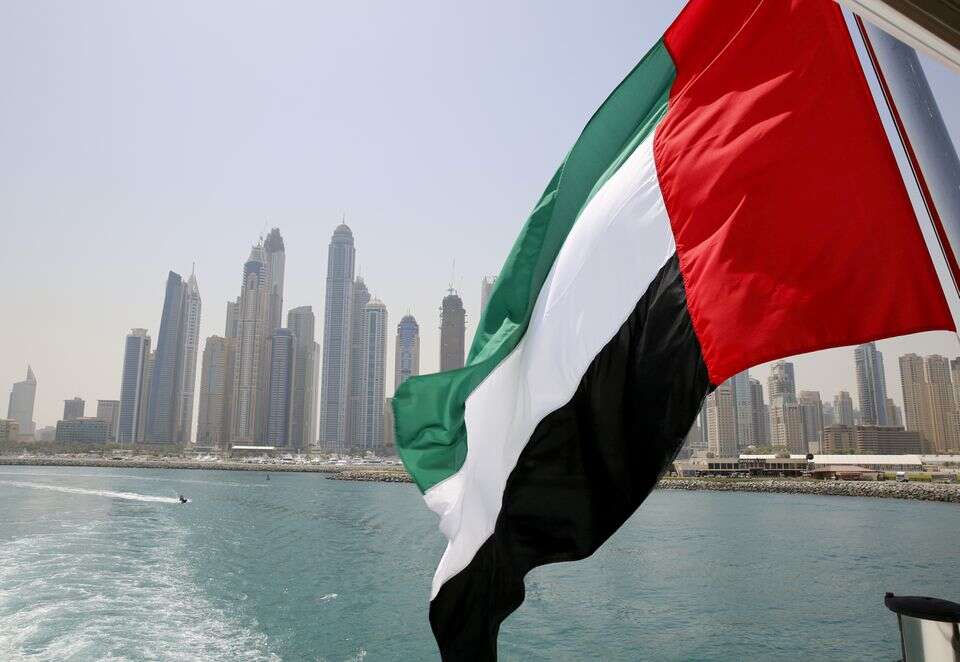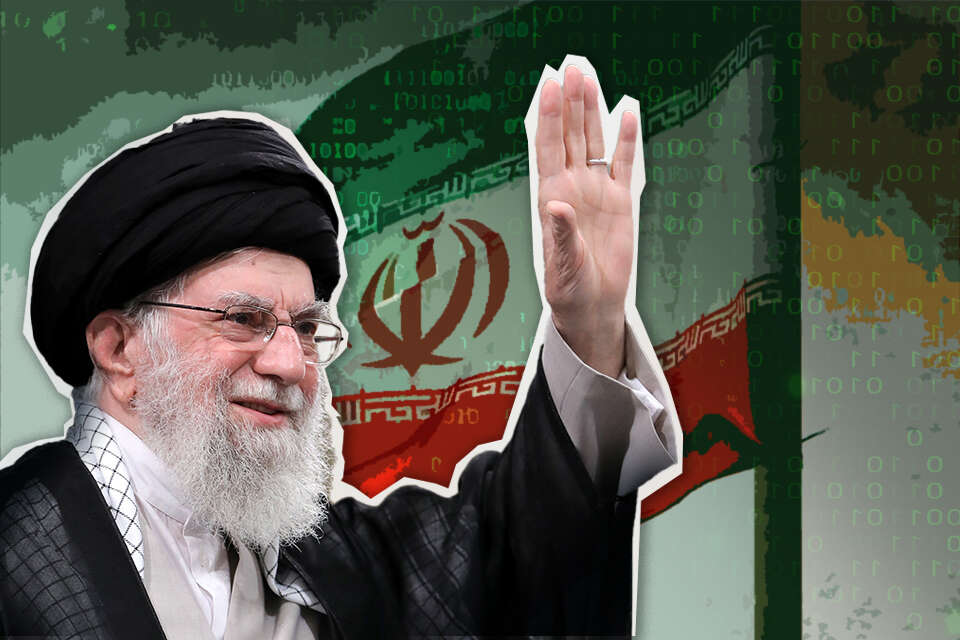Bashar al-Assad is a mass murderer who was willing to kill his own people to cling to power. Now, it seems that such brutality is paying off. Assad, and Syria in general, have undergone a process of normalization in recent years, returning to the fold of Arab nations. This effort is being led by key Arab states such as the UAE and Saudi Arabia, which once condemned Assad for massacring Sunni populations. But in the Middle East, even genocide doesn't stand in the way of self-interest.

Who are the parties looking to renew relations with Syria? And where does Israel fit into this web of interests?
The UAE
For half a decade, the UAE has been working to rehabilitate Assad's regime. Its decision to normalize relations with Syria stems from pragmatic calculations, primarily the recognition that Assad is not going anywhere. The UAE understands that while the civil war has subsided—if not fully ended—Assad remains Syria's ruler for the foreseeable future. Consequently, it is pursuing deeper economic and political ties with Damascus.

Iran
Iran has supported Assad since the beginning of the civil war, deploying countless volunteers, including Hezbollah fighters from Lebanon, to help him fight off rebels. Iran has also heavily invested in Syria's civilian and military infrastructure, aiming to increase Syria's dependence on Tehran and expand its military influence in the region.
Syria is a crucial link in the Iran-Iraq-Syria-Lebanon axis, which gives Tehran a foothold on Israel's border. If Syria were to leave Iran's sphere of influence, it would hinder Iran's ability to support Hezbollah in Lebanon and reduce its threat to Jordan. Iran's early support for Assad has earned his loyalty: Assad knows no one else helped him during his darkest moments. While much of the region sought to bury him, Iran came to his rescue.

Saudi Arabia
During the civil war, Saudi Arabia backed the rebels. But today, the kingdom is willing to normalize ties with Assad for a surprising reason: the rampant drug trade plaguing its territory. Syria is a major source of Captagon, an addictive and harmful drug flooding the Gulf states.
Saudi Arabia recognizes that combating this crisis requires cooperation from the Assad regime, which it may incentivize with investments in Syria's infrastructure and economy. Additionally, Saudi Arabia has a strategic interest in distancing Syria from Iran, which would weaken Tehran's influence in the region.

Russia
From the outset, Russian President Vladimir Putin supported Assad to preserve Russia's military assets in Syria, including its only Mediterranean naval base. This intervention also served as a way to bolster Russia's regional influence.
Today, Russia continues to view its relationship with Assad through the lens of strategic advantage. For example, reports suggest that Israel wants Russia involved in any settlement in Lebanon, highlighting how Moscow's support for Assad opens new channels of influence.
For Israel, this dynamic predates the Lebanon conflict. Russia's involvement in Syria's civil war forced Israel to maintain dialogue with Moscow to secure operational freedom against Iranian activities in Syria.

Israel
Israel faces a strategic dilemma regarding Assad. On one hand, the border with Syria is arguably quieter than ever in Israel's history. On the other, Syria is a key conduit for Iranian arms transfers to Hezbollah. Israel wants to weaken the Syria-Iran connection or, at the very least, push Assad to halt these weapons shipments.
Achieving this would require military pressure on Syria, which risks escalating into a broader conflict and could even lead to a direct confrontation between Israel and Russia.
What is more important—maintaining calm along the Syrian border, or inflicting long-term damage on Hezbollah? Israel seems to be trying to resolve this dilemma by leveraging Russia to pressure Assad to stop the arms transfers while applying military pressure below the escalation threshold.
But how realistic is it to expect Russia or Syria to curb the flow of weapons? Would Russia strike Iranian arms convoys? Would Assad's army confront its Iranian allies? It's unlikely. Without a willingness to escalate on the Syrian front, Israel's ability to disrupt arms smuggling remains limited.




